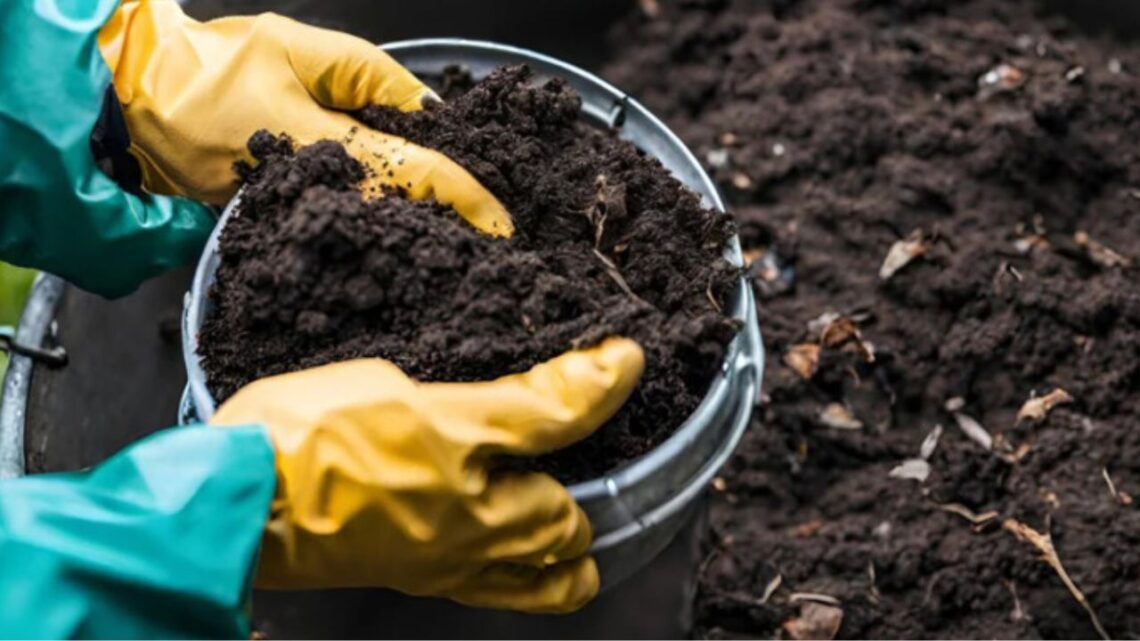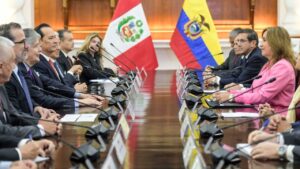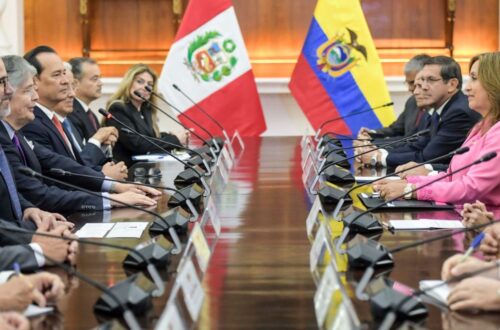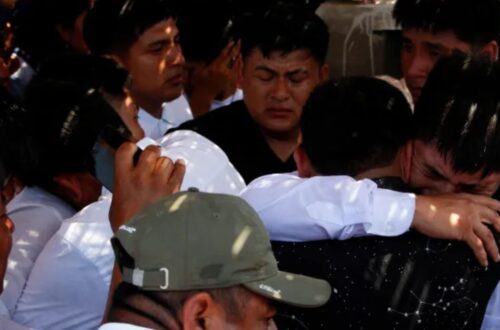Peruvian fishmeal and fish oil giant TASA has launched a transformative initiative: converting plant waste and operational residues into organic compost and fertilizer.
The goal is simple yet powerful — reduce waste, enrich local soils, and strengthen community ties.
At its Malabrigo plant alone, the company recently delivered 800 kilograms of processed fertilizer to the nearby municipality of Rázuri, aimed at rehabilitating public green spaces.
This project is central to TASA’s ambition to become the country’s first “zero-waste” fishing company, embedding the circular economy into its core operations.
How the Program Works
- Waste Collection
TASA collaborates with Soluciones Ambientales, a waste services firm, to recover waste generated from cleaning equipment and plant operations — including plant debris and organic residues. - Composting & Processing
The recovered matter is converted using composting protocols to produce nutrient-rich organic fertilizer suitable for use in soils and public gardens. - Community Deployment
The first output — 800 kg of fertilizer — has already been delivered to the municipality of Rázuri, to enrich public squares, gardens, and soils around the plant’s host community.
Previously, much of this waste was sent to sanitary landfills; now it is reused locally, closing the waste loop and benefiting soil health.
Strategic Sustainability Pillars
TASA embeds this effort within a broader sustainability framework composed of four strategic pillars:
- Cuidamar Program: Training crew members from its fleet (48 vessels) in environmental care and species conservation.
- Entrepreneurial Families: Supporting spouses of employees to start sustainable businesses.
- Cleaner Production: Reducing carbon footprint, optimising water use, and minimizing waste.
- Sustainable Artisanal Fishing: Educating and integrating small fishers and processors into sustainable, value-added systems.
More than 85% of TASA’s waste is already directed toward reuse or process recovery. They also maintain ISO 14001 certification across their plants, shipyards, and related facilities.
Why It Matters- Environmental & Social Impact
- Reduced environmental footprint: Less waste to landfill means lower methane emissions and lower disposal costs.
- Soil health enhancement: Organic matter added via compost helps soil structure, moisture retention, nutrient cycles, and microbial life.
- Community benefits: The surrounding town of Rázuri gains better green spaces and local pride.
- Model for others: TASA’s move sets a precedent for industrial players in fisheries and agriculture to adopt waste reuse and circular systems.
Key Metrics of TASA’s Plant Waste Composting Effort
| Metric / Feature | Detail / Value |
|---|---|
| First Fertilizer Delivered | 800 kilograms to municipality of Rázuri |
| Waste Recovery Rate | Over 85 % of plant waste redirected rather than landfilled |
| Strategic Pillars | Cuidamar, Entrepreneurial Families, Cleaner Production, Sustainable Fishing |
| Certifications | ISO 14001 in 10 plants and facilities |
| Beneficiary Locations | Public squares, green zones in Rázuri |
| Waste Source | Plant operational and plant-derived debris |
| Goal | Become Peru’s first “zero-waste” fishing company |
Challenges & Next Steps
While promising, TASA’s program faces a few challenges and areas for enhancement:
- Scaling compost output: 800 kg is symbolic, but larger volumes are needed to cover broader community and agricultural use.
- Technical optimization: Composting processes must manage moisture, heat, aeration, and curing time carefully—especially given Peru’s coastal humidity.
- Regulatory alignment: Edits to local agricultural or fertilizer laws may be required for full deployment across municipalities.
- Monitoring & quality assurance: Ensuring consistent nutrient profiles, pathogen control, and safety for plants and soils.
TASA plans to expand the program across more plants, deepen participation with community institutions (schools, parks), and track long-term soil health outcomes.
Why This Initiative Draws Attention
- Industrial waste turned resource: It challenges the idea that large factories must rely on landfills.
- Community integration: Locals see tangible benefit, not just rhetoric.
- Leadership in sustainability: TASA positions itself as a leader in climate-aware fishery and circular economy models.
- Replicable model: Other companies—especially in agriculture or food processing—can adapt similar compost and reuse systems.
TASA’s move to convert plant waste into fertilizer marks a bold statement in industrial sustainability.
Through composting operations, reuse of over 85% waste, and community fertilization, the company demonstrates how large-scale industrial actors can close resource loops, support soil health, and benefit surrounding communities.
While the initial scale is modest, success here could spark wider adoption across Peru’s coastal and agricultural sectors. If TASA sustains momentum, it might truly become Peru’s first “zero-waste” fishing company—a powerful example of how industry and environment can prosper together.








